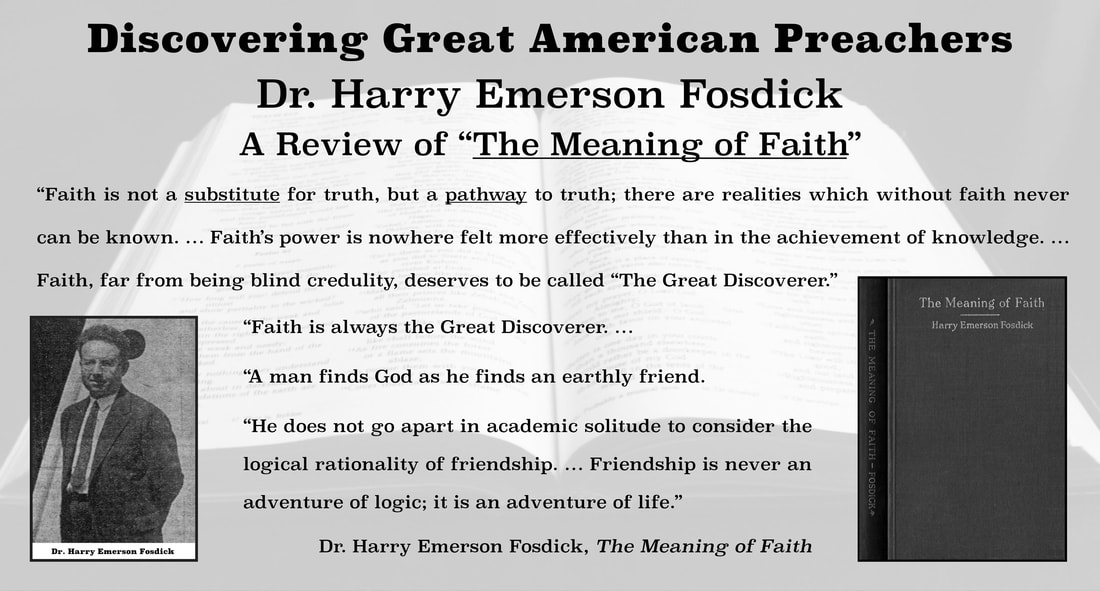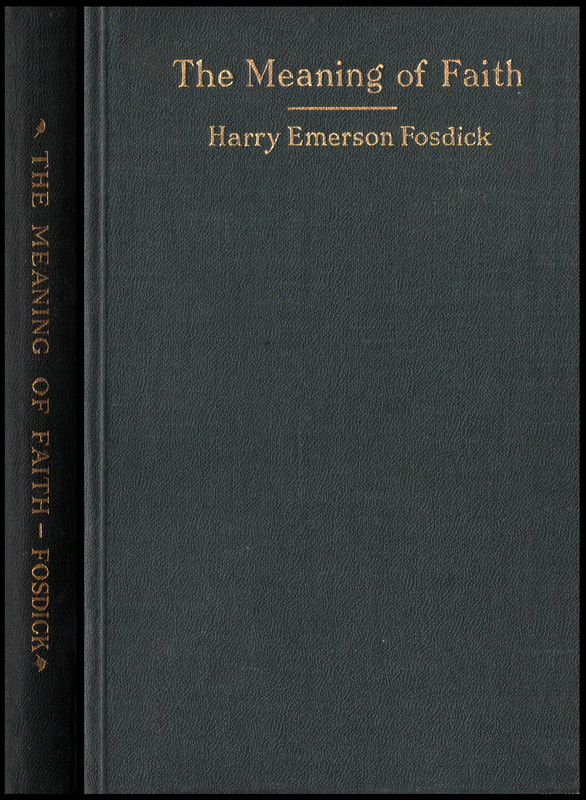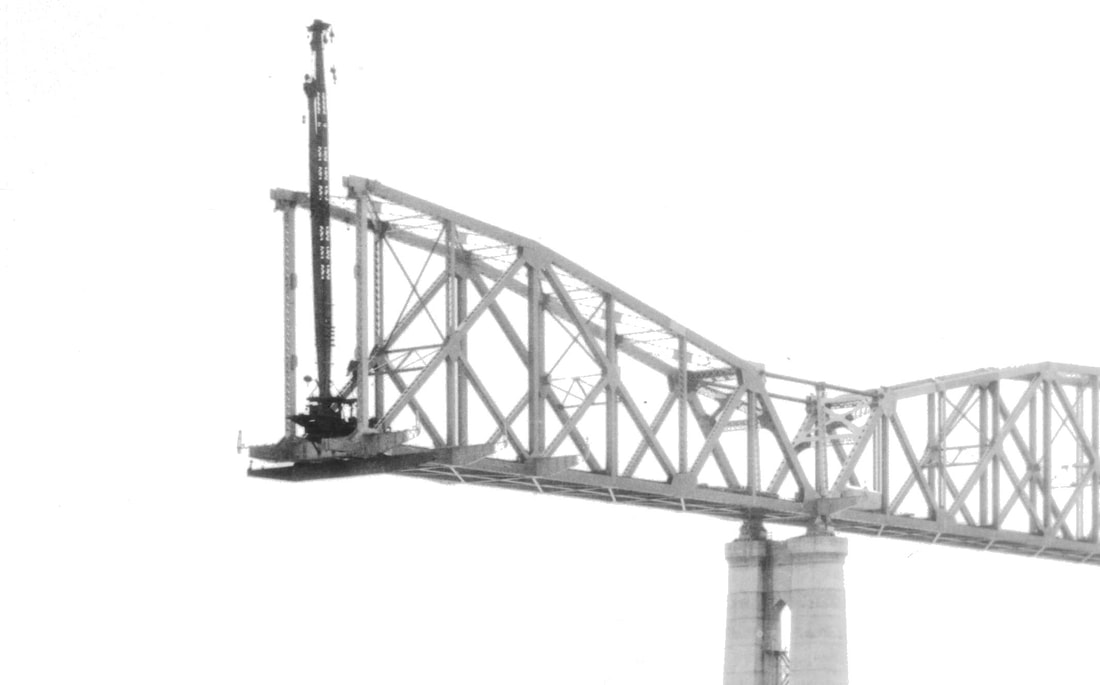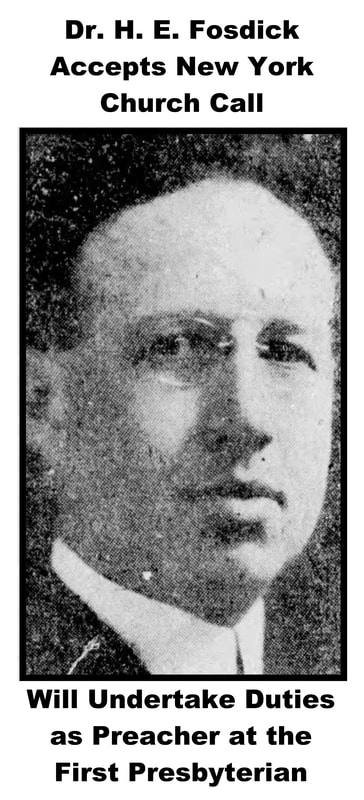A Review of "The Meaning of Faith" by Dr. Harry Emerson Fosdick
- Reviews of the Day: 1917–18
- Insights from "The Meaning of Faith"
- This Author’s Thoughts and Perceptions
Reviews of the Day: 1917–18
“The Meaning of Faith is the result of the work of three years. … having been interrupted long enough for the production of the well-known and helpful, Challenge of the Present Crisis. …
|
“The Meaning of Faith is in the form of a day-book, like the earlier Meaning of Prayer. … The quotations it contains are from authors of all religions of all countries and races. … The prayers cited are like a string of exquisite pearls, each more lovely than the one preceding it. The catholicity of the selection gives proof of the lack of any sort of prejudice, proof of a broad tolerance, and of the ability to see truth wherever truth exists—and that is everywhere.
|
This review by Barbara Allen was as full of insightful prose as this book by Harry Emerson Fosdick.
|
“Several of the chapters are especially good for the naturally skeptical: ‘The Road to Truth,’ ‘The Greatest Obstacle to Faith,’ and ‘Intellectual Difficulties.’ … Mr. Fosdick seems unlimited in his command of illustrations from biography. … Such illustrations from real life in the present and in the past serve as a powerful tonic. … We stand in need of just such literature. …
“Days have been dark before in the history of nations but light has dawned as it will one day dawn again ‘since right is right and God is God.’ ”
“Days have been dark before in the history of nations but light has dawned as it will one day dawn again ‘since right is right and God is God.’ ”
“The Meaning of Faith,” Barbara Allen, Women’s Interests, Fitchburg Daily Sentinel, 1918
|
“Thousands of readers have been waiting anxiously for this volume to appear. … It is on the same plan as the author’s Meaning of Prayer. This is a worthy companion to that volume. …
"One of the great pleasures of a reviewer is to commend such worthy books as this one. … “You may not be in harmony with all he says, but you will find him leading you into a wealth of meaning you had never realized was in faith.” “Books—Reviews and Notices,” W. Jas. Robinson, The Word and Way, 1918
“This book is a clarion call to discard the letter and to keep the spirit of Christianity. … This is a live book, lighted with apt and telling illustrations. … The book’s contents are to be commended, especially to those who hitherto have been confined in the caves of so-called orthodoxy.”
“Book Talk by a Book Lover,” The Middlesex County Times, 1918
|
A high quality image of the front cover and spine of Harry Emerson Fosdick’s “The Meaning of Faith.”
|
Insights from "The Meaning of Faith"
- Our First Faith Was Rooted in Authority Figures—Our Parents
“We all began, as children, with an unlimited ability to believe what we were told. We were credulous long before we became critical. … Reliance on authority was our only road to truth. One prescription was adequate for every need of information: ask our parents and be told. …
“This situation was the occasion of our first unsettlement of faith: we discovered the fallibility of our parents. … For most of us, transfer of our faith from our parents’ authority to some other basis of belief was easily accomplished. We found ourselves resting back on the priest, church, creed, or the Bible.
“Still our convictions were not independently our own; we had never fought for them or thought them through; they were founded on the say-so of authority. What we wished to know we asked another, and what they told us, we implicitly believed.
“The time inevitably comes, however, to a normally developing mind, when such an attitude of unquestioning credulity becomes impossible. The curious ‘Why?’ of the growing child that began in early years to besiege all statements of fact, now ranges out to call in question the propositions of religious faith.”
“This situation was the occasion of our first unsettlement of faith: we discovered the fallibility of our parents. … For most of us, transfer of our faith from our parents’ authority to some other basis of belief was easily accomplished. We found ourselves resting back on the priest, church, creed, or the Bible.
“Still our convictions were not independently our own; we had never fought for them or thought them through; they were founded on the say-so of authority. What we wished to know we asked another, and what they told us, we implicitly believed.
“The time inevitably comes, however, to a normally developing mind, when such an attitude of unquestioning credulity becomes impossible. The curious ‘Why?’ of the growing child that began in early years to besiege all statements of fact, now ranges out to call in question the propositions of religious faith.”
- We Practice Faith in Every Aspect and Every Day of Our Lives
|
“We project our life forward as we build a cantilever bridge.
“Part of the structure is solidly bolted and thoroughly articulated in a system; but ever beyond this established portion, we audaciously thrust out new beginnings in eager expectation that from the other side something will come to meet them. “Without this no progress ever would be possible.” |
- It is Faith that Delivers the Impossible
“There are plenty of people to do the possible; you can hire them at forty dollars a month. The prizes are for those who perform the impossible. If a thing can be done, experience and skill can do it; if a thing cannot be done, only faith can do it.” [See Footnote #1]
- One-Liners on Faith
“Faith is not a substitute for truth, but a pathway to truth; there are realities which without it never can be known.”
“Faith is always the great discoverer.”
“Faith is the great liberator from fear.”
“Faith is the great encourager. … it does not deny evil, but sees around it, refuses to be obsessed or scared by it. … Fear may be right for the moment, but in the long run, fear is a liar; only faith tells the truth.”
“Faith is always the great discoverer.”
“Faith is the great liberator from fear.”
“Faith is the great encourager. … it does not deny evil, but sees around it, refuses to be obsessed or scared by it. … Fear may be right for the moment, but in the long run, fear is a liar; only faith tells the truth.”
This Author’s Thoughts and Perceptions on "The Meaning of Faith"
|
One article in February 1918, noted that Rev. Harry Emerson Fosdick was already a noted author by the time this book was released in late 1917 – early 1918: (1) “Manhood of the Master” had sold 105,000 copies, and (2) “The Meaning of Prayer” had sold 155,000 copies. Numerous newspaper articles also reflected that many, small, community book clubs used his works as focal points for their meetings.
By the year’s end, the First Presbyterian Church of New York City announced that it had chosen Reverand Dr. Harry Emerson Fosdick as its preacher. The Buffalo News noted that “Dr. Fosdick is only 40 years old and is said to be the youngest clergyman in the country to be called to occupy a pulpit as important as this one.” The article also mentioned that the church had brought him on as a “preacher with pulpit duties” and hired another individual to collaborate with him and perform the “pastoral” duties. He was obviously maintaining his focus on studying, learning, and sharing his thoughts with communities across the city, state, country and world. History seems to document that this was a good decision on his part. |
Buffalo Evening News
December 31, 1918 |
This is a highly readable book, and I enjoyed it immensely because Dr. Fosdick humanizes faith, which—before reading this book, I would have considered an oxymoron. Now I understand that faith—or the lack of it, is imbedded in everything I do. I look into my life and do see faith as the great discoverer. A person can not just replace their childlike “faith in parents” with some other authority figure. They must make something their own to truly hold it fast. Faith is one mechanism that helps an individual fight for and win some of life’s toughest battles through self-discovery and on-going learning from life’s experiences.
Probably the most significant concept that I was able to make my own through this book was coming to understand the “personality of Christ” as a reflection of the “personality of God.” I, probably for the first time in my life, can read the gospels and “see” what each of the apostles saw—in their own unique way, because Christ was a personal Christ, just as God is a personal God—a God who relates with us dependent on our individual personalities.
The final line in the wonderful review above by Barbara Allen still rings true today: “Days have been dark before in the history of nations but light has dawned as it will one day dawn again ‘since right is right and God is God.’ ” In the United States of America, we are facing internal political turmoil; but so far, not even close to the scale of 1918 and the start of World War I. This is a book about faith: faith in man, faith in friendship, faith in yourself … but most of all faith in God and God’s faith in us.
Keep the faith America!
Cheers,
- Pete
Probably the most significant concept that I was able to make my own through this book was coming to understand the “personality of Christ” as a reflection of the “personality of God.” I, probably for the first time in my life, can read the gospels and “see” what each of the apostles saw—in their own unique way, because Christ was a personal Christ, just as God is a personal God—a God who relates with us dependent on our individual personalities.
The final line in the wonderful review above by Barbara Allen still rings true today: “Days have been dark before in the history of nations but light has dawned as it will one day dawn again ‘since right is right and God is God.’ ” In the United States of America, we are facing internal political turmoil; but so far, not even close to the scale of 1918 and the start of World War I. This is a book about faith: faith in man, faith in friendship, faith in yourself … but most of all faith in God and God’s faith in us.
Keep the faith America!
Cheers,
- Pete
Footnote #1: Dr. Fosdick writes in his book that these are the words of a modern newspaper man. It appears that Frank Crane actually wrote this phrase in “Human Confessions” published by Forbes and Company in 1911. Mr. Crane wrote in an article entitled “Faith” that “There are plenty of people to do the possible; you can hire them at forty dollars a month. The prizes are for those who perform the impossible. If a thing can be done, experience and skill can do it; if a thing cannot be done, only faith can do it.” This phrase of Mr. Crane’s was repeated in the press a few years later and attributed to “a modern newspaper man,” which evidently Dr. Fosdick utilized and credited as such in this book.




